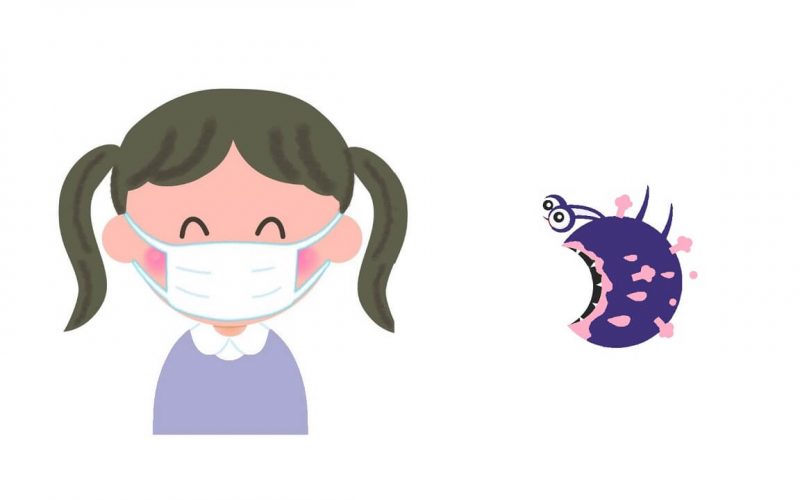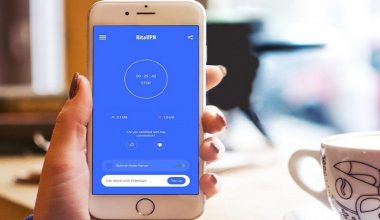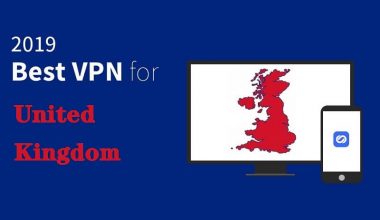In December 2019, some medical institutions in Wuhan, China confirmed several cases of pneumonia of unknown causes. Influenza and related diseases continued to find more cases of viral pneumonia in Wuhan. As the outbreak spreads, all provinces and regions of China and other countries in the world also reported confirmed cases of this coronavirus.
On January 31, 2020, the general director of the World Health Organization (WHO) announced in Geneva that the outbreak of the novel coronavirus pneumonia in China is a “Public Health Emergency of International Concern” (PHEIC).
This coronavirus was named COVID-19 (Corona Virus Disease 2019) by the World Health Organization.
Cybercriminals are exploiting COVID-19
While fighting against the coronavirus disease, there are cybercriminals exploiting the outbreak to launch attacks and profit. Staying at home makes you safe from COVID-19, but you should also pay attention to your privacy and security on the Internet.
On February 4, 360 safe brain detected an attack that exploits COVID-19 to perform attacks. By using files with coronavirus-related names, an APT attack was performed on the medical field.
What is an APT attack?
APT refers to Advanced Persistent Threat. It is a targeted attack that uses advanced attack means to carry out long-term persistent cyber attacks for specific purposes. APT, attacks and invades targeted users, used by hackers to steal core information. It is a threat posed by industrial espionage that has been prepared for a long time. This kind of attack often needs long-term operation and planning. It is highly organized to steal data and information from its targets.
In short, the attacker induces the user to click to execute the system command code. Once executed, the attacker can access a remote server under his control and load malicious scripts. Then, these malicious script files can be executed remotely to attack a specific target.
Other types of cyber attacks
In addition to APT attacks, there were many other types of cyber attacks during the outbreak, including phishing attacks, fraud attacks and so on. Owing to the extension of holiday, most schools in China promote online education. However, online fraud also rises to pose threats to teachers, students and parents.
Take QR code for example, cybercriminals may use QR code to spread malware. They ask parents to scan the QR code to get free online classes for their kids. Once malware is downloaded in their devices, private data and information stored on their device are in danger.
In the name of supporting epidemic prevention and control, cybercriminals also trick people into providing personal information such as ID, phone number, home address and more sensitive information. These can be used to further compromise their privacy.
While donations were made to fight against this coronavirus disease, cybercriminals collect donations illegally and disappear with the money. Some of them even attack fundraising websites to steal money.
Guard against cyber attacks to ensure online security
Raise your awareness of online security
The most important thing is to raise your awareness of network security. In such cases, criminals deliver malicious baits related to the pneumonia epidemic via emails to carry out phishing attacks. Victims were fooled into click the bait file to execute relevant code. In order to avoid the disclosure of personal information or being cheated, you should be vigilant when surfing on the Internet. You shouldn’t be too careful while protecting yourself from various cyber attacks.
Do not scan the QR code from unknown sources
It is impossible to know where you will be directed by a QR code before you scan it. And you can’t tell if a QR code from unknown sources is safe or not. You might end up downloading malware to your device.
To avoid falling into a victim of a QR code scam, you should also pay attention to suspicious QR codes, especially when you are required to submit sensitive information after scanning them.
Use a VPN
RitaVPN is a VPN service provider that ensures that your information is encrypted, so it doesn’t get intercepted by cybercriminals. When you make use of a VPN service provider such as RitaVPN, you can protect your online identity and also stay aloof of any form of online scams that might occur while socializing online. RitaVPN also unblocks websites and allows anonymous online activity at high speeds.
Bottom line
As COVID-19 spreads to more countries and regions, it causes huge damages to human beings. This is a world vulnerable to disease, nature disaster and others. Our planet needs protection. While protecting yourselves from threats in the real world, you should also pay attention to online security threats. The losses you suffer from cyber threats might not be less than that in your real world. The best solution is to equip yourself with a VPN service.






